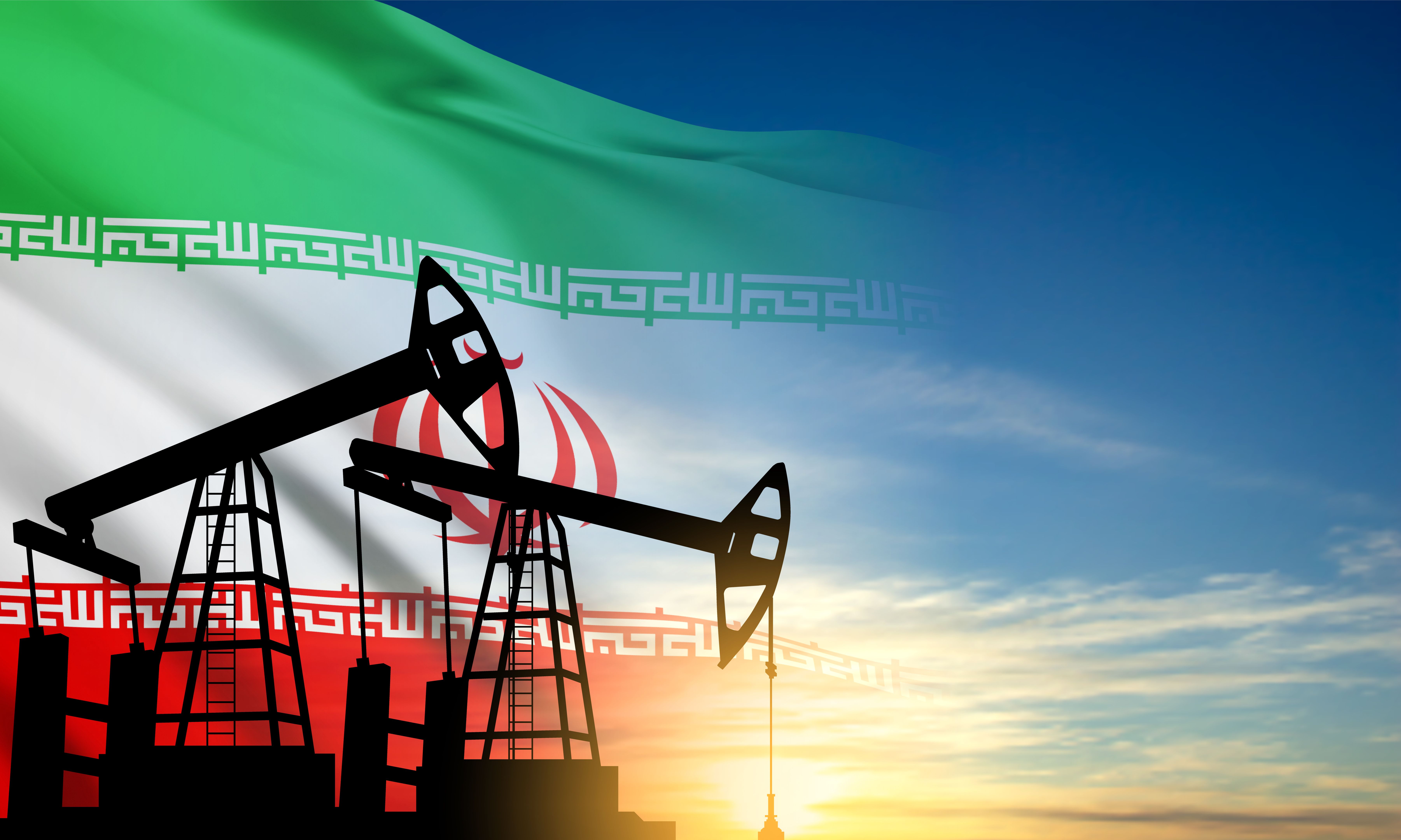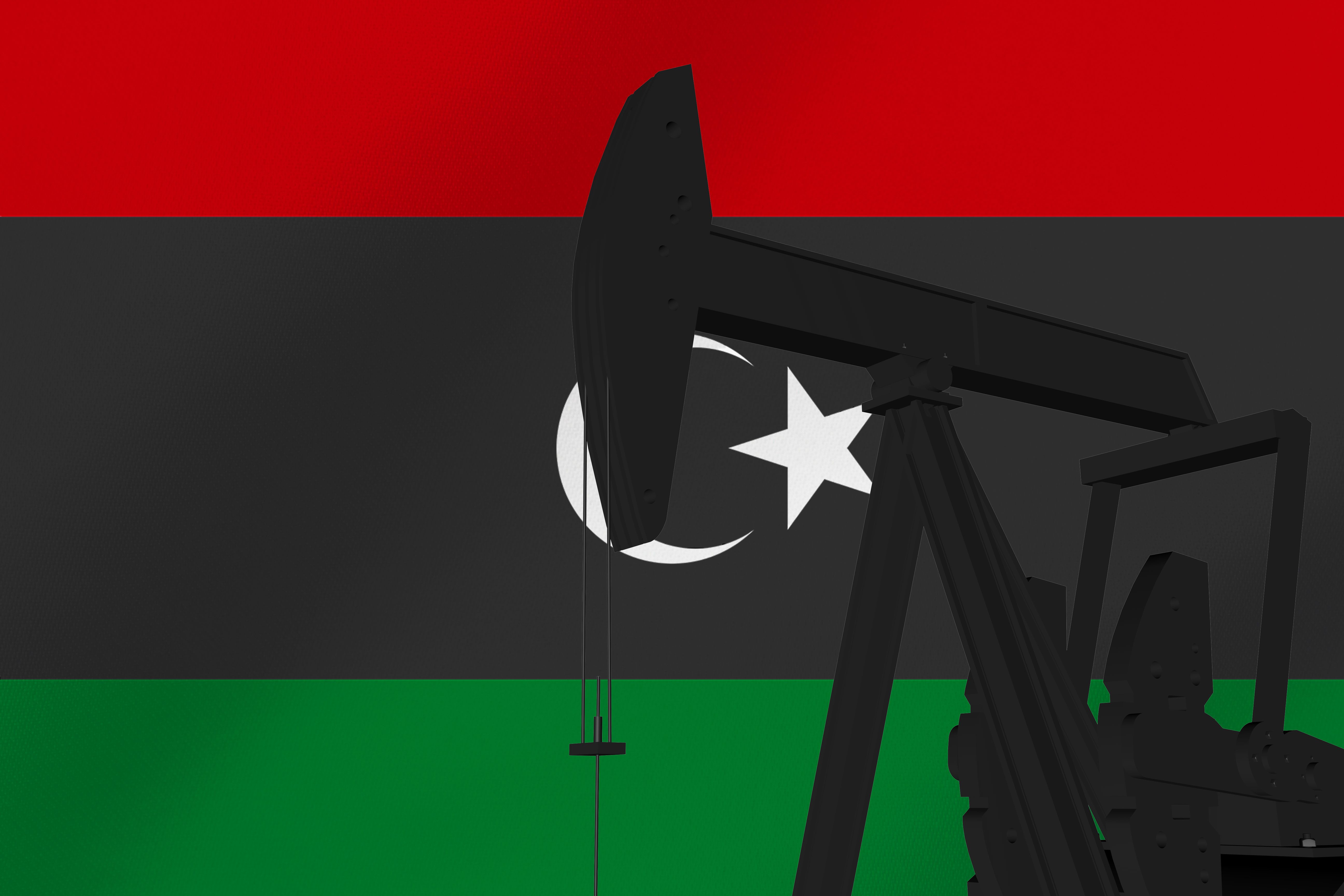One Market, Many Perspectives: Caribbean, Iranian, Libyan & Omani Oil
Introduction to Global Oil Perspectives
The oil market isn’t shaped by numbers alone; it’s a living equation of geopolitical shifts, economic forces, and environmental pressures. From the deserts of the Middle East to the offshore fields of the Caribbean, every region leaves its mark. What makes the story richer is not just how much crude oil is produced, but what kind of crude flows to refineries worldwide. Light, sweet, heavy, or sour these qualities dictate everything from refining costs to fuel margins, turning crude grades into a decisive factor in global trade.

Caribbean Oil Landscape
The Caribbean’s main oil producer, Trinidad & Tobago, supplies predominantly heavy crude oils. In 2023, its average output was around 53,700 barrels per day, slightly down from 58,400 in 2022. While production volumes are modest compared to giants, Caribbean heavy crudes are essential for specialized refining, supporting both local economies and export markets.

Iranian Oil Dynamics
Iran holds one of the world’s largest proven oil reserves, pumping around 3.3 million barrels per day in 2025. Its crude profile leans toward medium sour grades with an API gravity of 28°–35%, rich in sulfur yet prized for producing valuable distillates once refined. Despite years of sanctions, Iran has remained a pivotal force in global energy flows, sustaining exports now averaging 1.7–1.8 million barrels per day, with Asia, particularly China, emerging as its main outlet. This resilience underscores Iran’s role as a strategic supplier whose barrels continue to shape markets from the Gulf to Europe.

Libyan Oil: Opportunities Amidst Challenges
Libya doesn’t just boast abundant oil; it offers superior-grade barrels. Its light, sweet crude remains coveted for its low sulfur content and high refinery yields, especially in Europe. According to the National Oil Corporation, current production has reached approximately 1,413,372 barrels per day (bpd). To push output to 1.6 million bpd and ultimately 2 million, Tripoli is courting $3–4 billion in fresh investment while gearing up the first bidding round in 17 years, spanning 15–21 blocks across key basins. This move signals Libya’s ambition to turn its high-quality crude into economic resurgence one premium barrel at a time.

Oman's Strategic Oil Position
Oman is a trusted supplier of medium sour crude, best known for its Oman Blend, a regional benchmark in Asia. In May 2025, daily production averaged 987,600 barrels, totaling about 149 million barrels by mid-year. Oman’s medium sour grade is a staple for Asian refiners, balancing quality with availability, and its output is set to expand under OPEC+ adjustments.

Unity in Energy Diversity
From the Caribbean’s bold heavy crude to Libya’s coveted light sweet treasures and the Oman Blend, Asia’s trusted compass, the world of oil is a symphony of strength, opportunity, and energy that fuels nations.
At Qortuba Oil & Gas, we don’t just move barrels; we connect you to the full spectrum of crude, tailored to every refinery and every ambition. Light & sweet, heavy & complex, or medium sour, benchmarks our reach, ensuring you’re never out of options.
Because whatever the product, whatever the demand, Qortuba Oil & Gas is where your search finds its answer.